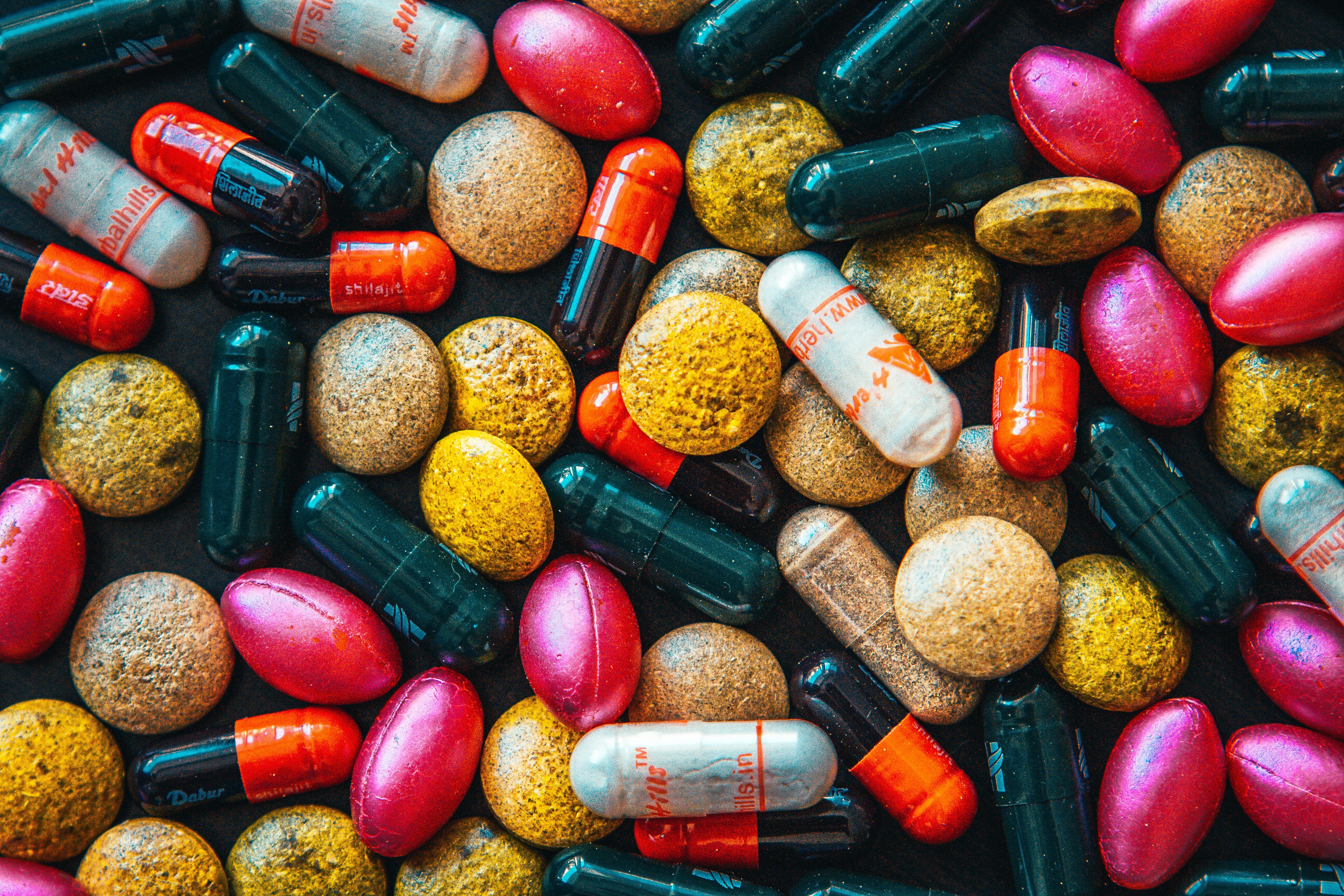Laboratory Chemicals and Testing in the Nutraceutical Industry
The nutraceutical industry—encompassing dietary supplements, functional foods, and herbal products—is growing rapidly as consumers seek preventive health solutions and natural wellness products. But behind every capsule, powder, or beverage is a rigorous process of laboratory testing, where chemicals and reagents play a vital role in ensuring safety, efficacy, and regulatory compliance.
In this article, we’ll explore the key laboratory tests and chemicals used in the nutraceutical industry, along with the essential role of reliable chemical suppliers in supporting product quality and brand reputation.
What Is the Nutraceutical Industry?
The term nutraceutical blends "nutrition" and "pharmaceutical" and refers to products derived from food sources that offer health benefits beyond basic nutrition. Common categories include:
-
Vitamins and mineral supplements
-
Probiotics and digestive aids
-
Botanical extracts (turmeric, ashwagandha, ginseng)
-
Functional beverages and powders
-
Omega-3s, amino acids, and protein supplements
To bring these products to market, manufacturers must ensure purity, potency, consistency, and safety—all of which require laboratory testing supported by quality chemicals.
Key Lab Testing in Nutraceutical Manufacturing
1. Identity and Purity Testing
Ensures that ingredients match what is listed on the label and are free from unwanted contaminants.
Testing Methods:
-
FTIR spectroscopy
-
UV-Vis spectrophotometry
-
HPLC and GC for compound profiling
-
DNA barcoding for botanical identity
Common Chemicals:
-
Methanol, acetonitrile, ethanol – solvents for extraction and analysis
-
Phosphoric acid, formic acid – HPLC mobile phase modifiers
-
Standard reference materials (SRMs) for vitamins, minerals, and actives
2. Microbiological Testing
Checks for harmful bacteria, yeasts, and molds that could pose health risks.
Tests Include:
-
Total aerobic plate count
-
Yeast and mold count
-
E. coli, Salmonella, and Staphylococcus detection
Reagents & Supplies:
-
Tryptic soy agar, Sabouraud dextrose agar
-
Sterile saline, ethanol, disinfectants
-
PCR kits, LAMP reagents, or rapid test solutions
3. Heavy Metals Testing
Ensures levels of toxic elements like lead, arsenic, cadmium, and mercury are within regulatory limits.
Techniques Used:
-
ICP-MS (Inductively Coupled Plasma Mass Spectrometry)
-
AAS (Atomic Absorption Spectroscopy)
Chemicals Required:
-
Nitric acid, hydrochloric acid, hydrogen peroxide – sample digestion
-
Certified ICP standards for calibration
-
Matrix modifiers and dilution acids
4. Stability Testing
Assesses how a product degrades over time under various environmental conditions.
Simulates:
-
Heat, humidity, light, oxygen exposure
Lab Materials:
-
Buffer solutions for pH stability
-
Oxidizers and antioxidants to test degradation
-
Desiccants, humidity chambers
5. Pesticide Residue and Solvent Testing
Especially important for plant-based ingredients, which may carry residual agrochemicals or extraction solvents.
Testing Methods:
-
GC-MS or LC-MS/MS
-
Headspace analysis for volatile compounds
Common Reagents:
-
Hexane, ethyl acetate, acetone
-
QuEChERS kits, standards for chlorpyrifos, glyphosate, etc.
Key Nutraceutical Lab Applications
| Testing Type | Purpose | Common Chemicals |
|---|---|---|
| HPLC for active content | Validate dosage of actives like curcumin, CoQ10 | Acetonitrile, phosphoric acid, standards |
| Microbial testing | Ensure product safety | Agar media, sterile saline, ethanol |
| Heavy metal analysis | Confirm non-toxicity | Nitric acid, ICP standards |
| Solvent residual testing | Detect leftover processing agents | Hexane, acetone, ethanol |
| Shelf-life studies | Predict degradation over time | Buffers, oxidizing/reducing agents |
How Chemical Distributors Support Nutraceutical Labs
Nutraceutical testing labs require:
-
High-purity solvents and acids for analytical accuracy
-
Regulatory-grade reagents compliant with USP, FCC, and AOAC
-
Consistent documentation (SDS, COA, lot traceability)
-
Flexible quantities (from small bottles to bulk containers)
At 949 Chemical, we supply nutraceutical manufacturers across San Diego, Orange County, Los Angeles, and Santa Barbara with the chemicals and lab supplies needed for testing, formulation, and regulatory compliance.

